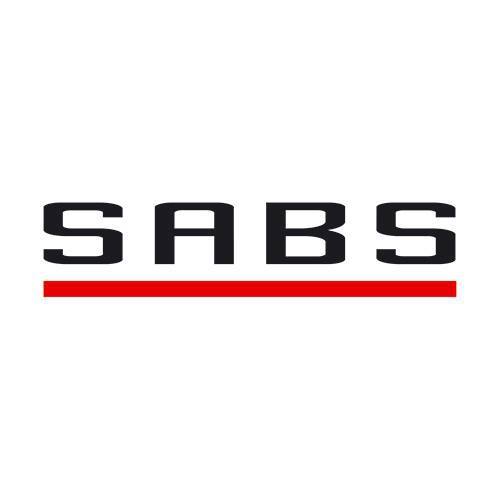Standardisation facilitated and enhanced international trade, offering objective benchmarks to ensure minimum safety and performance integrity of products, and improve applicability across a range of national markets.

This workshop provides an overview of the requirements of the standard and provides delegates with a basic understanding necessary to appreciate the obligations of staff and benefits of procedural and systems compliance positioned at safeguarding and preserving the welfare of individuals within the work place.
The South African Bureau of Standards (SABS) was founded 75 years ago, September 1945. At the time, the massive post-war rebuilding effort by the major powers was undertaken with growing recognition of the need to manufacture products to a common and agreed set of standards.
Standardisation facilitated and enhanced international trade, offering objective benchmarks to ensure minimum safety and performance integrity of products, and improve applicability across a range of national markets.
In the past few years, significant changes in global trade flow have enhanced the role of quality and standards in economic development.
These global trade flows have resulted in subdued demand for South African exports to traditional trading partners, including the European Union and the United States of America.
This creates the opportunity for South Africa to shift its focus to emerging economies while maintaining its drive toward improving trade within the African continent.
This is achieved by developing relevant standards that promote access to markets, while protecting local industry from low quality, cheap imports, The South African Bureau of Standards
(SABS) supports government's Industrial Policy Action Plan (IPAP), which promotes the localisation of production and addresses the current economic trends.
The SABS provides the platform for quality services and products which is the key differentiator in an increasingly competitive environment.
© 2025 coursetakers.com All Rights Reserved. Terms and Conditions of use | Privacy Policy